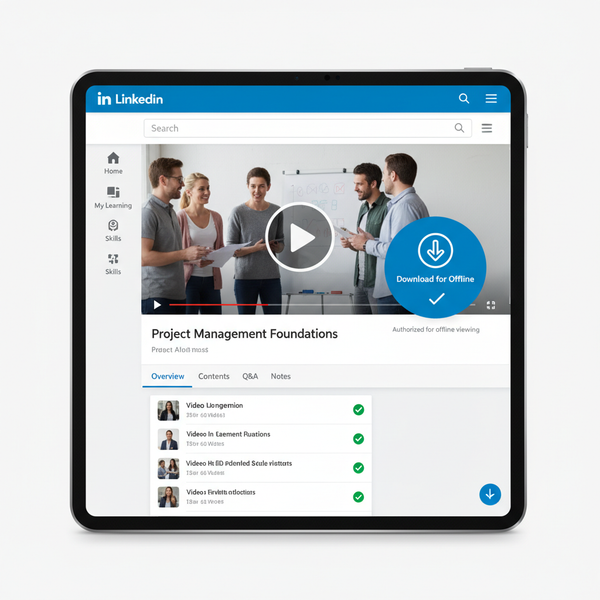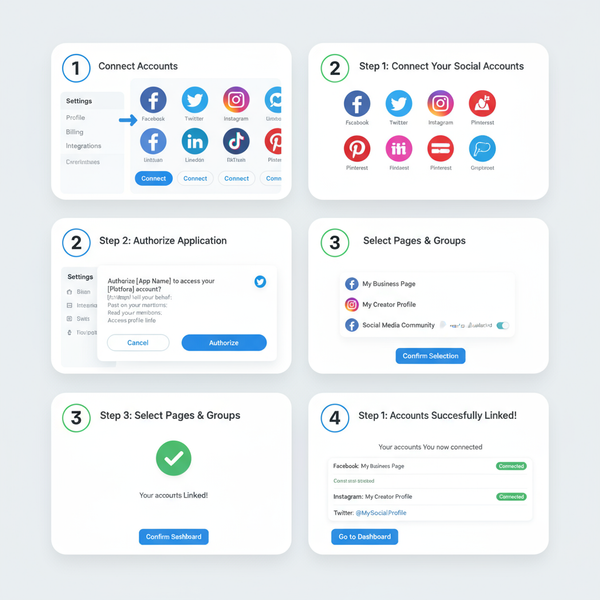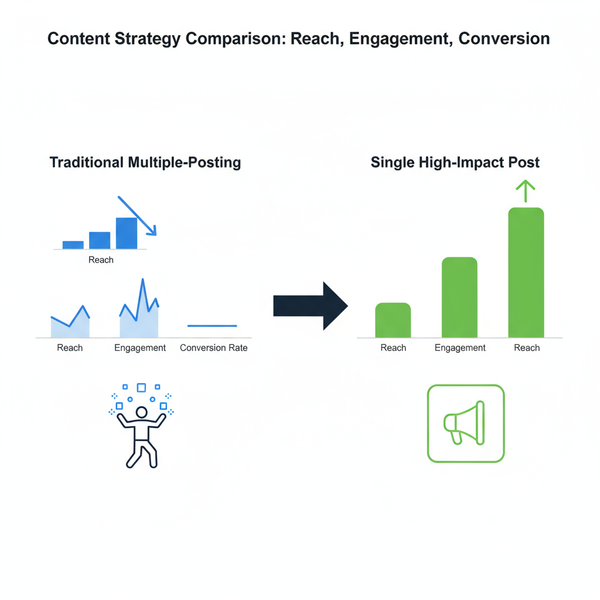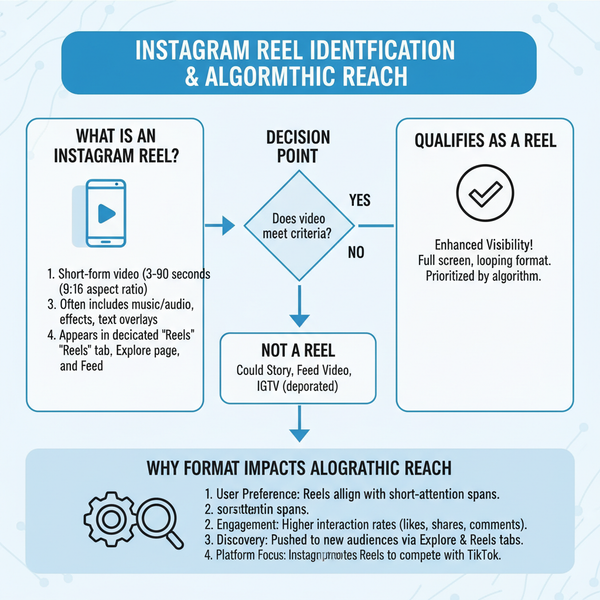Meta Ads Best Practices 2025 for Facebook and Instagram
Discover key Meta Ads best practices for 2025, including algorithm updates, AI targeting, mobile-first creatives, and campaign optimization tips.
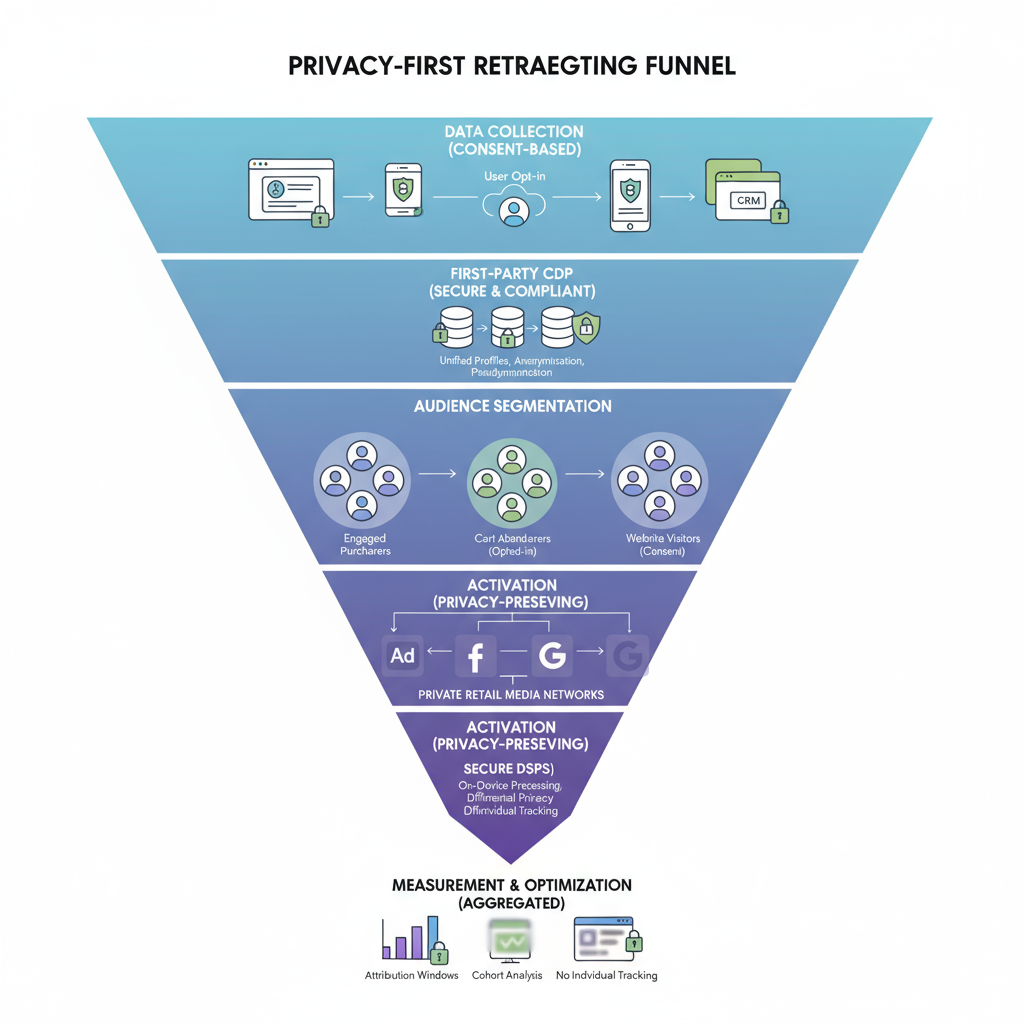
Meta Ads Best Practices 2025 for Facebook and Instagram
In 2025, Meta’s advertising ecosystem for Facebook and Instagram has advanced with significant algorithm updates, enhanced automation features, and privacy-related reforms. To succeed in this evolving landscape, businesses must implement the latest Meta Ads Best Practices 2025 to boost engagement, increase conversions, and maintain compliance. This guide provides actionable strategies, optimization techniques, and practical examples to help you maximize performance across both platforms.

---
Understanding Facebook & Instagram Algorithm Updates for 2025
Meta’s 2025 ad delivery algorithm places greater emphasis on quality engagement signals and creative freshness. Ads are now ranked higher when they generate authentic interactions such as comments, shares, and saves, rather than only passive engagement.
Key updates include:
- Creative Fatigue Detection – Ads lose priority automatically if engagement drops below a threshold.
- Hybrid Engagement Scoring – Combines interaction quality with watch time for videos.
- Cross-Platform Attribution – Provides measurement across Facebook and Instagram for integrated reporting.
To adapt, rotate creatives frequently, focus on valuable engagement metrics, and consolidate tracking into one cross-platform attribution model.
---
Choosing Campaign Objectives Aligned with Business KPIs
Choosing the right campaign objective in Ads Manager is critical for achieving measurable results. Meta’s 2025 objectives are tailored to support specific business goals:
| Objective | Best Use Case | Key KPI to Measure |
|---|---|---|
| Sales | E-commerce product conversions | Purchase ROAS |
| Leads | Service-based inquiry collection | Lead Quality |
| Traffic | Driving visitors to landing pages | CTR & Time on Site |
| Engagement | Boosting content interactions | Comments/Shares per Reach |
Pro Tip: Set objectives that track against core KPIs, rather than chasing vanity metrics like cheap clicks that don’t convert.
---
Leveraging Advantage+ Shopping Campaigns and Automation Tools
Advantage+ Shopping Campaigns simplify prospecting and retargeting. Features in 2025 include:
- Auto-generated creative variants without manual setup.
- AI-powered audience refinement.
- Dynamic budget allocation to outperforming segments.
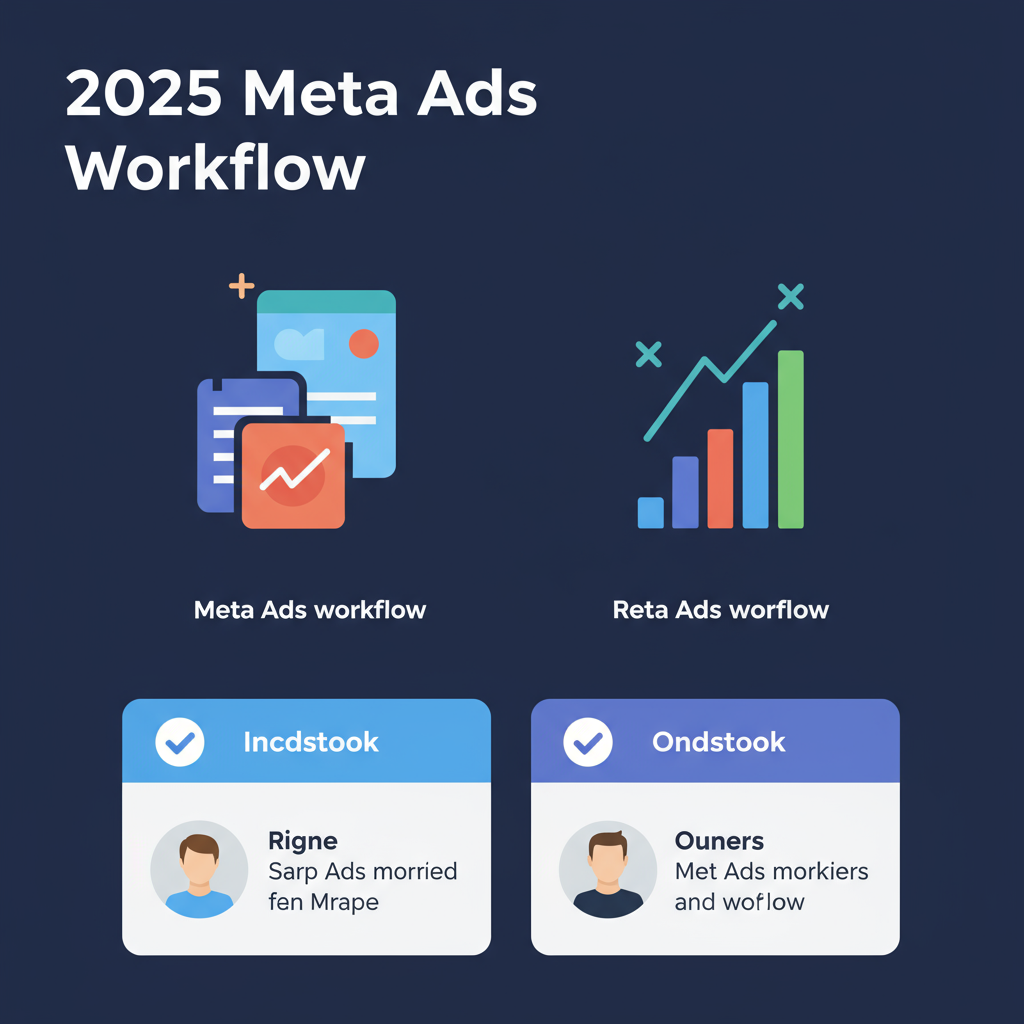
Pair Advantage+ with automated rules to pause low-performing ads and scale winning ones instantly.
---
Crafting Mobile-First Creatives for Short Attention Spans
Since over 90% of users access Facebook and Instagram via mobile, creatives must be optimized for mobile consumption:
- Use vertical (9:16) formats for Reels and Stories.
- Capture attention in the first 3 seconds.
- Add bold text overlays for silent viewing.
- Include quick scene changes and lively transitions.
---
Integrating AI-Driven Audience Targeting and Lookalike Expansion
Meta’s AI tools empower advertisers to:
- Deploy Predictive Lookalikes that go beyond fixed percentage similarity.
- Adjust audiences in real time via behavioral triggers.
- Recombine interest clusters to discover untapped segments.
Blend AI targeting with broad targeting to let machine learning find profitable audience niches efficiently.
---
Utilizing First-Party Data for Retargeting Amid Privacy Changes
With privacy laws limiting third-party data tracking, first-party data is now essential:
- Build custom audiences from CRM uploads.
- Retarget based on updated Pixel events.
- Use offline conversion tracking for brick-and-mortar sales.
---
Testing Multiple Ad Formats: Reels, Stories, Carousel, Collection Ads
Different ad formats yield varying results:
- Reels – Best for viral, organic-feel storytelling.
- Stories – Ideal for flash sales or limited-time offers.
- Carousel Ads – Showcase multiple products or features.
- Collection Ads – Immerse mobile shoppers in catalog-style layouts.
Run A/B format tests to determine which drives the highest-value actions.
---
Applying Dynamic Creative Testing for Continuous Improvement
Dynamic creative testing enables the algorithm to find the best performing asset combinations:
- Prepare 4+ variations per element (headline, image, CTA).
- Test over 7–10 days before scaling.
- Base decisions on statistically significant data.
---
Incorporating UGC-Style Content to Increase Trust and Engagement
User-generated content ads resemble authentic reviews and conversations, leading to stronger trust:
- Highlight genuine customer experiences.
- Adopt casual, native filming styles.
- Incorporate testimonials and visible social proof.
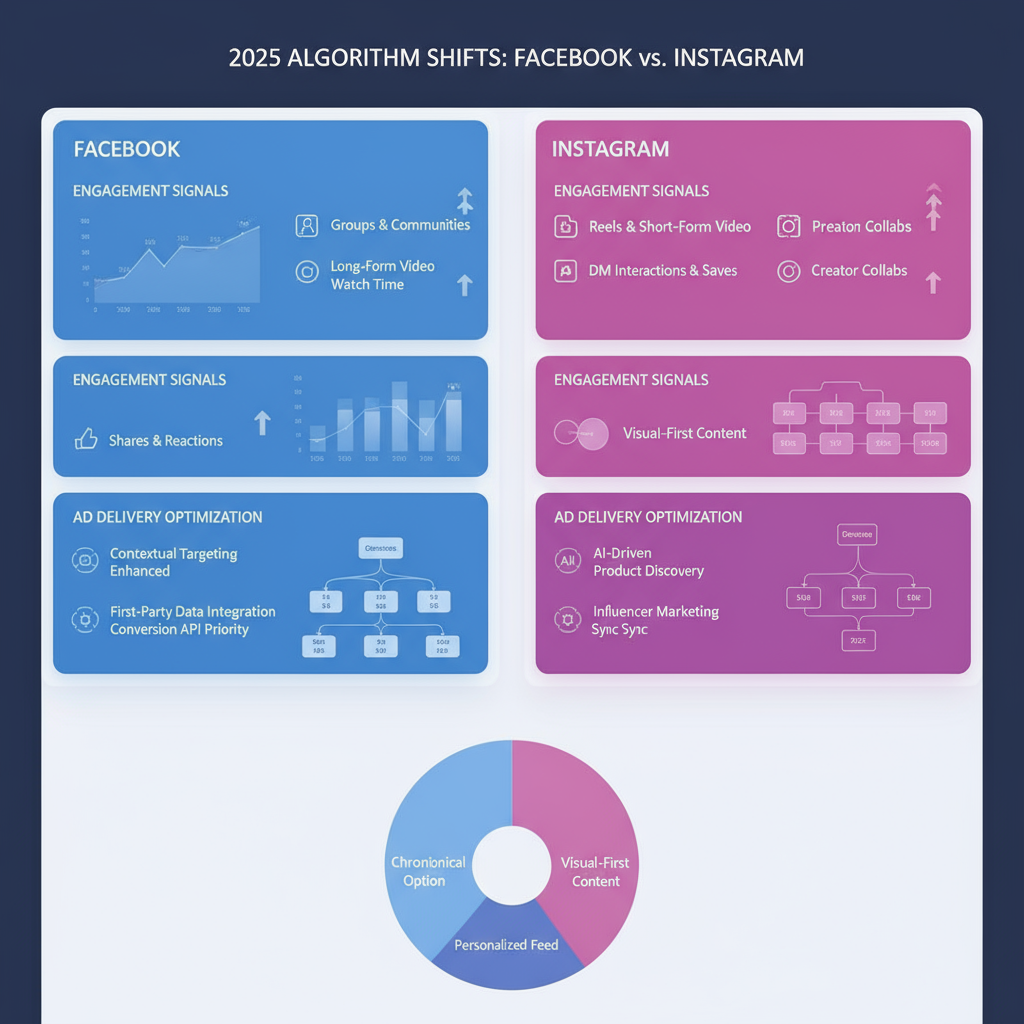
---
Tracking Performance with Updated Pixel & Aggregated Event Measurement
In 2025, Meta’s Pixel has improved:
- Server-Side Event Tracking for higher accuracy.
- Aggregated Event Measurement for compliance.
- Advanced cross-domain tracking capabilities.
Ensure your Events Manager priorities are set to avoid losing critical data points.
---
Allocating Budgets Using Data-Driven Scaling Strategies (CBO vs. ABO)
Budget allocation remains key:
- CBO – Hands over budget control to Meta across ad sets.
- ABO – Keeps allocation manual per ad set.
Best Practice: Test audiences with ABO; scale proven winners with CBO.
---
Scheduling Ads Based on Peak Engagement Analytics
Leverage Meta Insights to schedule ads when your audience is most responsive:
- Target high-intent activity windows.
- Compare weekday vs. weekend performance.
- Adjust for time zones in global campaigns.
---
Ensuring Ad Copy Meets Updated Meta Ad Policies and Brand Safety Rules
Ad policies in 2025 penalize:
- Misleading statements.
- Improper targeting of sensitive topics.
- Missing disclosures for sponsored content.
Review each campaign in the Ads Policy Center to prevent disapproval or account issues.
---
Monitoring Competitor Ads via Meta Ad Library for Inspiration
Study competitor tactics with the Meta Ad Library:
- Review creative trends and copy style.
- Observe preferred ad formats.
- Detect seasonal messaging themes.
---
Running Quarterly Audits to Remove Underperforming Creatives and Audiences
Quarterly audits should include:
- Tracking KPI trends (CTR, ROAS, Conversion Rate).
- Removing ad sets with significant declines.
- Refreshing offers and visuals to stay relevant.
---
Summary & Next Steps
By following these Meta Ads Best Practices 2025, advertisers can adapt to algorithm shifts, prioritize meaningful engagement, and make use of AI-driven optimization to achieve sustainable growth. Whether it’s mobile-first creative production, leveraging first-party data, or frequent performance audits, success comes from continuous learning and experimentation.
Take action today: Audit your current Meta campaigns, apply at least three strategies from this guide, and track improvements over the next quarter to stay ahead of competitors and platform changes.

